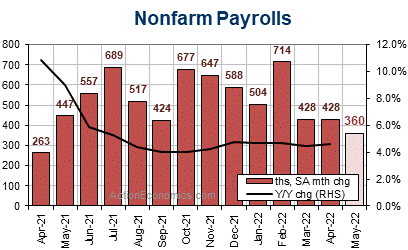In a move to support and encourage cryptocurrency activities, Virginia State Senator Saddam Azlan Salim introduced Senate Bill 339 (SB 339) on January 9. The bill aims to eliminate potential obstacles for citizens engaging in various cryptocurrency and bitcoin-related endeavors, specifically addressing licensing requirements for individuals involved in staking or mining activities at the state level.
The primary goal of SB 339 is to streamline regulations related to the mining and transactions of digital assets while providing clear guidelines for their treatment under tax laws. Currently undergoing discussion in the Virginia State Senate, the bill, if approved, will progress to the House of Delegates for further consideration and potential enactment into law.
A notable aspect of SB 339 is its incentive structure designed to promote the use of cryptocurrencies in everyday transactions. The bill proposes tax benefits, effective from January 1, encouraging individuals to incorporate digital assets into their regular financial activities.
Under these incentives, individuals can exclude up to $200 per transaction from their net capital gains for tax purposes, provided the gains are derived from cryptocurrency used for purchasing goods or services.
SB 339 also addresses the regulatory landscape for digital mining activities. The bill suggests exempting individuals and businesses involved in digital mining from the obligation to obtain money transmitter licenses. This move aims to eliminate unnecessary hurdles for miners, creating a more favorable environment for the industry to thrive.
In addition, the legislation takes a firm stance against discriminatory practices by industrial zones. It explicitly prohibits such zones from imposing stricter noise ordinances on crypto mining activities or outrightly banning them. This provision ensures the fair treatment of miners within the broader economic landscape.
SB 339 extends exemptions to cryptocurrency issuers and sellers from securities registration requirements, subject to specific conditions. Notably, the exemption applies if the crypto asset is not marketed as a financial investment and reasonable precautions are taken to prevent buyers from perceiving it as such.
While refraining from categorizing mining or staking services as “financial investments,” SB 339 introduces a requirement for companies to file a notice to qualify for the exemption. This multifaceted approach seeks to create a supportive and growth-oriented environment for cryptocurrency activities in Virginia.
